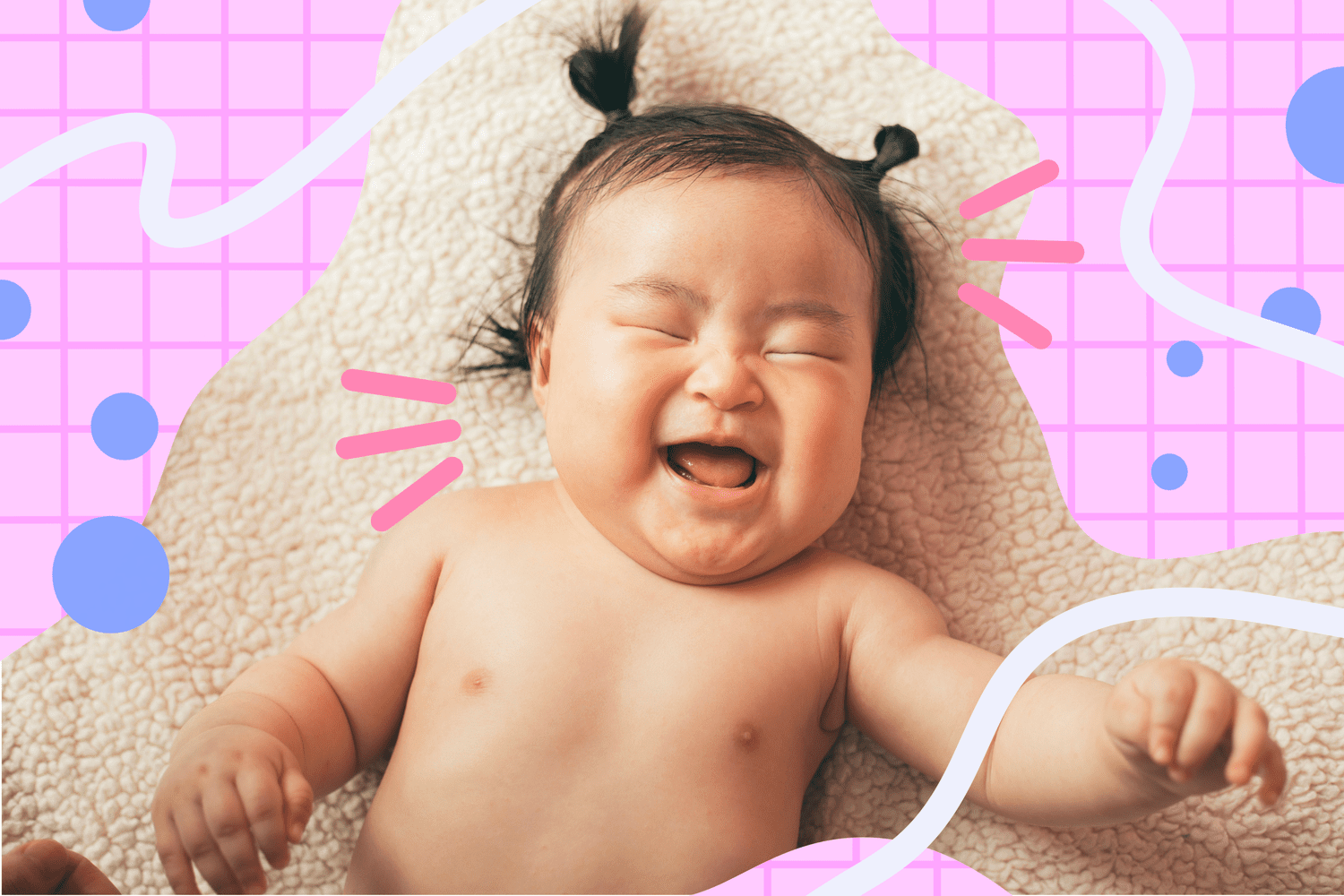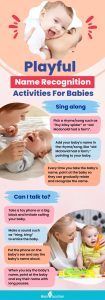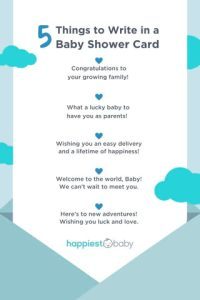When do baby laugh typically start laughing between 3 and 4 months of age. Laughing is a sign of social interaction and a crucial developmental milestone for babies.
From tickling to peek-a-boo, there are various ways to elicit laughter in babies, and it is a joyous sound for parents to hear. As babies grow and develop, their laughter becomes more sophisticated, and they begin to understand humor and sarcasm.
We will explore the science behind baby laughter, the developmental stages of laughter, and the benefits of laughter for babies. We will also provide tips on how to make your baby laugh and what to do if your baby is not laughing.
Development Of Laughter In Infants
The development of laughter in infants is a fascinating and heartwarming process. Understanding the early signs of laughter and the factors that influence its development can provide insight into the emotional and cognitive development of babies. Let’s delve into the intricate journey of an infant’s laughter and explore the key milestones and influences along the way.
Early Signs Of Laughter, When do baby laugh
Babies begin to exhibit signs of laughter as early as two to four months of age. Initially, it may manifest as gentle cooing, gurgling sounds, and subtle smiles. As their sensory and motor skills develop, these early signs gradually evolve into recognizable laughter, often in response to playful interactions and stimuli from their caregivers.
Factors Influencing Laughter Development
The development of laughter in infants is influenced by a myriad of factors, including their environment, social interactions, and neurological maturation. Caregivers play a pivotal role in nurturing a conducive environment for laughter by engaging in joyful interactions, playful activities, and responsive caregiving. Additionally, the infant’s neurological development and overall well-being, including factors such as nutrition and emotional security, contribute to the progression of their laughter.
Psychological Benefits Of Infant Laughter
Infant laughter fosters connections between the baby and caregivers.
It enhances social skills and promotes a sense of security.
Laughter helps babies recognize facial expressions and cues from others.
Emotional Regulation
Infant laughter aids in regulating emotions and reducing stress.
It teaches babies to cope with different feelings in a positive way.
Laughing releases endorphins that promote a sense of well-being.
Biological Aspects Of Infant Laughter
Understanding the biological aspects of infant laughter sheds light on the fascinating neurological mechanisms and physiological changes that occur during this joyful expression.
Neurological Mechanisms
Infant laughter is primarily controlled by the brainstem, the most primitive part of the brain responsible for basic functions like breathing and heartbeat.
As babies grow, laughter becomes more complex, involving various brain regions such as the prefrontal cortex, which is linked to emotions and social behavior.
Physiological Changes During Laughter
- During laughter, the body releases endorphins, the feel-good hormones that promote relaxation and reduce stress.
- Laughter also triggers the release of dopamine, a neurotransmitter associated with pleasure and reward.
- Physiologically, laughter increases heart rate, enhances oxygen intake, and boosts immune function.
Cultural And Social Influences On Infant Laughter
When it comes to infant laughter, cultural and social influences play a significant role in shaping the laughter patterns of babies. Understanding these influences can provide valuable insights into the development of a child’s sense of humor and emotional expression.
Cross-cultural Perspectives
Cultural differences have a profound impact on the way infants are raised and interact with their environment. In some cultures, laughter is encouraged and considered a positive expression of joy and happiness, while in others, it may be seen as a sign of disrespect or rudeness. These cultural norms shape the social interactions and emotional experiences of infants, ultimately influencing when and how they laugh.
Parental Influence On Laughter Patterns
Parents play a crucial role in shaping their baby’s laughter patterns. The way parents interact with their infants, the type of humor they expose them to, and the level of emotional support they provide can all impact a baby’s laughter development. Additionally, the cultural background and social environment of the parents can also influence how they perceive and respond to their baby’s laughter, further shaping the infant’s laughter patterns.
Laughter As Communication In Infants
Laughter plays a crucial role in the early stages of an infant’s development, serving as a powerful form of communication. Understanding laughter as a means of communication in infants is essential for parents to foster strong bonds with their little ones.
Non-verbal Communication
Infant laughter serves as a non-verbal form of communication, allowing babies to express joy, amusement, and connection with their caregivers.
Impact On Parent-child Interaction
Laughter strengthens the bond between parents and infants, creating a positive atmosphere for interaction and play.
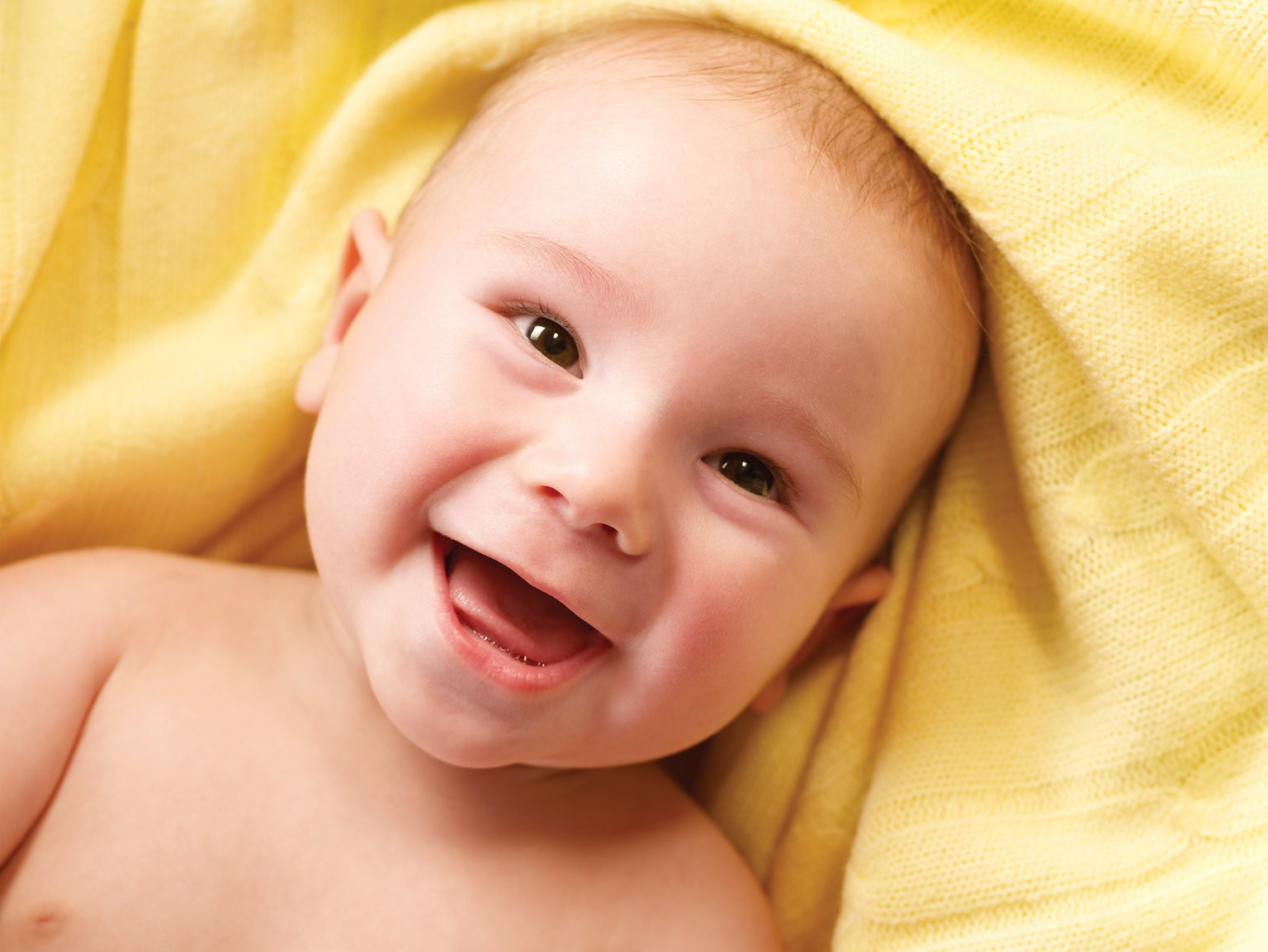
Disorders Affecting Infant Laughter
Babies’ laughter is a delightful sound that brings joy to parents and caregivers. However, there are certain disorders that can affect an infant’s ability to laugh. Understanding these conditions is crucial for early detection and intervention.
Treatment Approaches
When it comes to addressing disorders impacting infant laughter, early intervention is key. There are various treatment approaches that can help improve a baby’s ability to laugh and experience joy.
Practical Tips For Encouraging Infant Laughter
Discover practical tips to encourage infant laughter by creating playful interactions and engaging in activities that spark joy. Understanding the cues and triggers for when babies laugh is key to fostering a strong bond and nurturing their sense of humor.
By observing their responses and adapting your approach, you can create memorable moments filled with contagious laughter.
Playful Interactions
Engage in playful interactions with your baby to elicit laughter naturally.
- Use silly faces and funny sounds to grab their attention.
- Tickle and play peek-a-boo to evoke giggles and smiles.
- Encourage imitation games to promote bonding and laughter.
Creating A Joyful Environment
Set up a joyful environment that stimulates your baby’s sense of humor.
- Surround them with colorful and engaging toys and objects.
- Play cheerful music and sing silly songs to uplift their mood.
- Provide a safe and comfortable space for them to explore and play freely.
:max_bytes(150000):strip_icc()/baby-laughing-3043d890b37f443ba2e73a6eecad93b0.jpg)
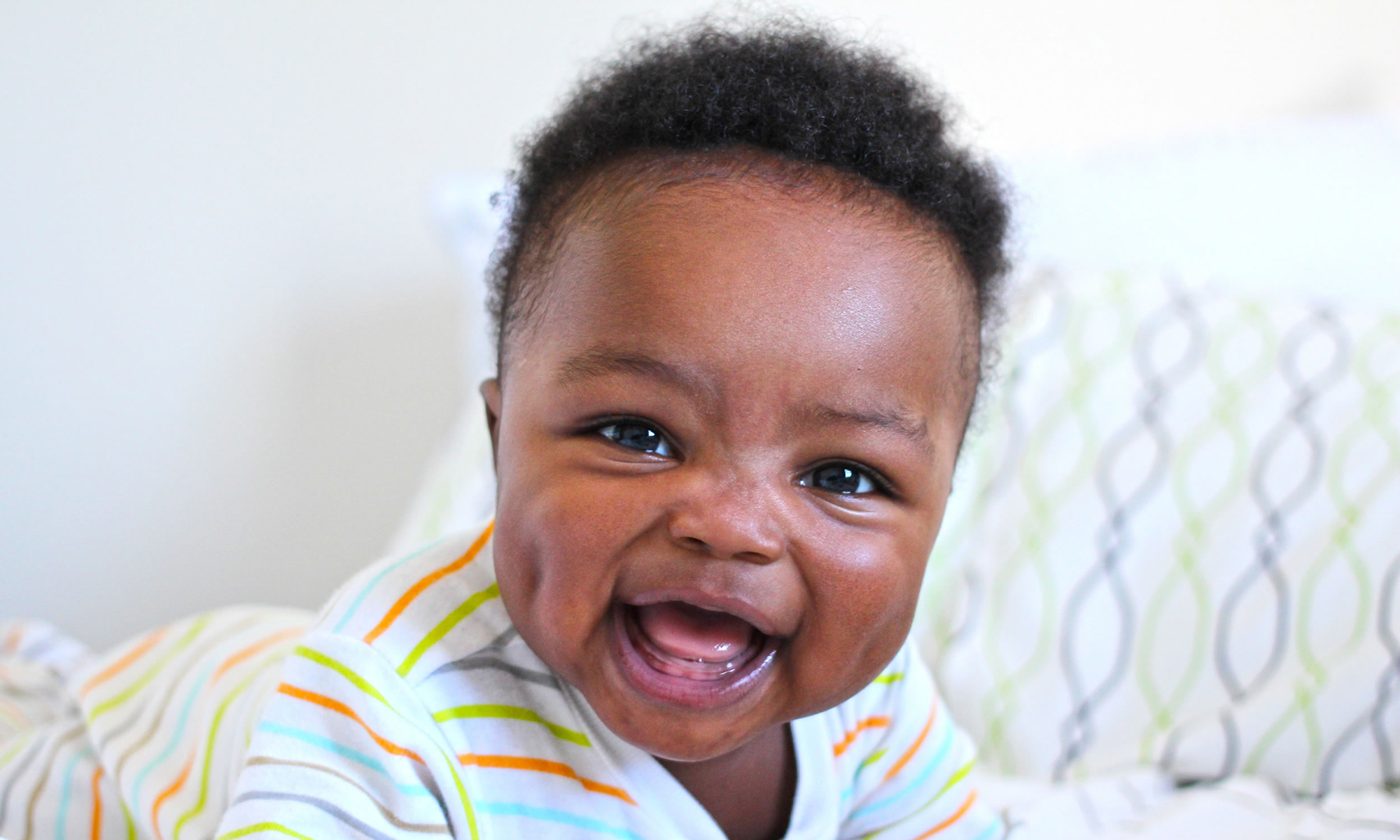
Can A Baby Laugh At 2 Months?
Yes, babies can start laughing at around 2 months old. At this age, they might laugh in response to tickling, funny faces, or silly sounds. It’s an important developmental milestone and a great way for parents to bond with their little ones.
What Age Do Babies Giggle?
Babies start giggling around two to four months old, but every baby is different. Factors such as personality and development can affect when a baby begins to giggle.
How To Make A Baby Laugh For The First Time?
To make a baby laugh for the first time, try making funny faces, playing peek-a-boo, or tickling gently. Use silly sounds and exaggerated movements to engage the baby’s attention and bring out their giggles.
What If My 6 Month Old Is Not Giggling?
If your 6-month-old is not giggling, it’s normal as each baby develops at their own pace. Keep engaging with them and giving them opportunities to laugh. If you have concerns, consult with your pediatrician for reassurance and guidance.
Conclusion
Babies’ laughter is pure joy, reflecting their happiness and connection with the world around them. Understanding the triggers behind their laughter can deepen the bond between parents and their little ones. So, cherish those precious moments of laughter and create lasting memories with your baby.
“When do baby’s laugh, when do baby’s laugh”

